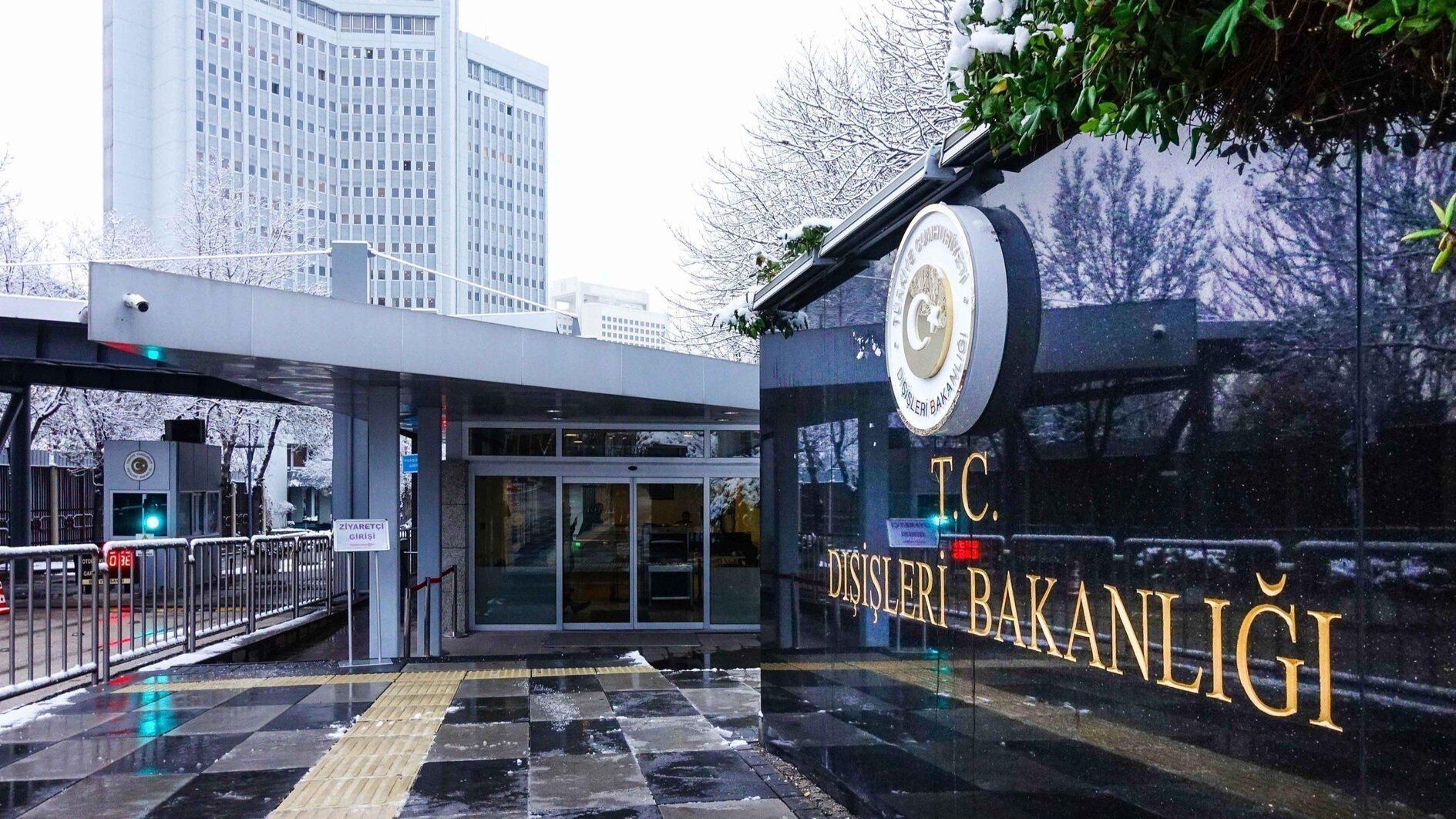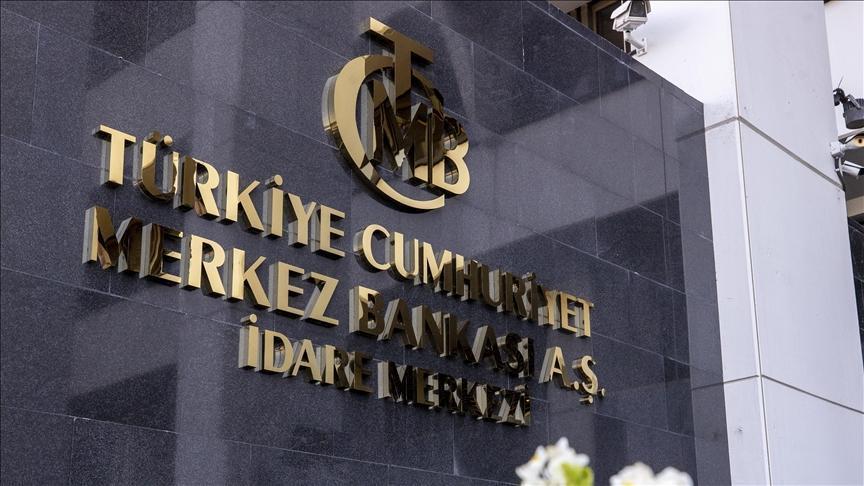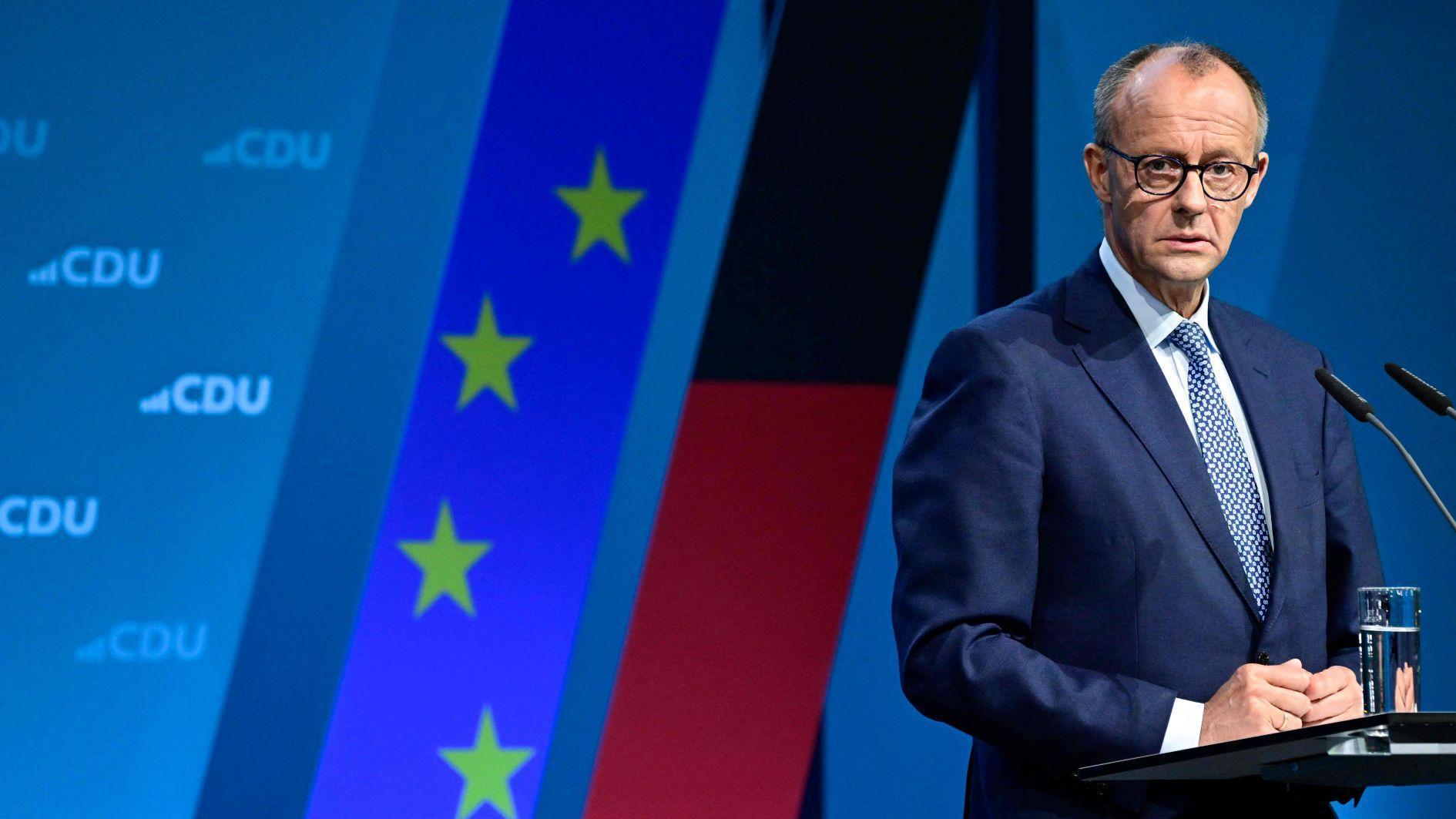From Gallipoli to Ararat
Turkey, Australia, New Zealand and Britain… What do they have in common? This week not only these countries, but the entire world remembered the heroes of the Gallipoli Campaign on the centenary of the historic battle. Was it important only because of its “nation building” effect on Australians and New Zealanders? Was it not the Gallipoli Campaign which produced to the forefront a great Turkish commander, Mustafa Kemal Atatürk who only a couple of years later, was to become the commander of the Turkish War of Liberation?
The fallen heroes of Gallipoli lay side-by-side today on what was the battlefield of yesterday. Was it not Atatürk who in response to a call for the repatriation of the remains declared those enemy soldiers who lost their lives in brave battles against the Turks on the Turkish homeland were no longer enemies but distinguished sons of this nation, resting in peace and should not be disturbed?
Indeed Gallipoli has been very important for Australians and New Zealanders or the Anzacs of yesterday. Through them, it has become very important for Turks as well. Yes, it is sad to admit but the Turkish state learned from them how to respect their fallen heroes beyond solemn funerals. If not for the great efforts of the Australians and New Zealanders who travel to Gallipoli by the tens of thousands every year to respect their fallen heroes, forcing the Gallipoli cemeteries to turn into some sort of “nationhood pilgrimage,” Turks would not have begun to pressure their governments to take care of the Turkish cemeteries, convert the battle grounds of the Gallipoli Campaign into a national park and make the region easily accessible. Was it not sad to read up until a few years ago stories of human remains erupting from the fields of farms in the region?
Was not the Çanakkale Monument – erected in memory of soldiers who despite all odds staged a brave defense and did not allow enemies to pass through the Çanakkale Strait – in a desperate situation up until few years ago? Now, not only the monument but also the museum reflects the gratitude of the nation to the heroes of the campaign that marked the first victory of this nation since the Balkan defeat and thus helped revive national self-confidence. Could the under-armed Turkey with almost no fighting power wage a War of Liberation without the Mustafa Kemal of Çanakkale or the self-confidence that campaign produced?
How many Turks have walked through Çanakkale or at least visited the Çanakkale Monument? Walking through the cemeteries or reading through the last letters of fallen soldiers to their families, it can sadly be seen those who fought on the Gallipoli front were not only ethnic Turks, but representatives of all ethnicities throughout the death-bed-ridden Ottoman Empire. Turks, Arabs, Kurds, Greeks, Armenians and Assyrians are all resting in the Gallipoli cemeteries side-by-side in peace…
The spirit of empire is long gone. Despite all the propaganda to the contrary, republican Turkey, unfortunately, could not survive that imperial multi-cultural heritage of cohabitation. Indeed, on its death bed the empire did whatever possible to kill that culture anyhow. The Armenian problem, for example, is a headache inherited from the same period. How did it happen? Was it indeed a systematic genocide campaign as Armenians claim with some political agenda today? Or, was it a product of a web of reasons including but not restricted to conditions of a decaying empire, gang activities and collaboration with the enemy, making it compulsory to apply forced resettlement and a civil war? Was it indeed a civil war-like situation that both the Turks and Armenians lost heavily? Whatever the case, the minority always suffers more in such ordeals than the majority. One should as well try to understand the “nation building” role of the 1915 events on the Armenian people.
Still, why can Turks and Armenians not do what the Turks and Australians and New Zealanders did and convert a huge disaster for all into a joint commemoration, a source of binding friendship? Why is it that while Gallipoli was converted into some sort of festival ground where enemy forefathers are remembered in equal pride, Turks and Armenians still wage verbal fights for ownership on the image of Mount Ararat?
Obviously, there is a need to explore and bring to light what indeed happened to Armenians and Turks of the Ottoman Empire who lost their lives in 1915. Rather than withdrawing from parliament the protocols that included the creation of a joint history commission of international historians to explore the 1915 events, the Armenian president must have asked for parliamentary approval. Antagonism, Turkish enmity and getting parliaments to adopt genocide resolutions won’t settle this problem, Yerevan must talk with Ankara.











